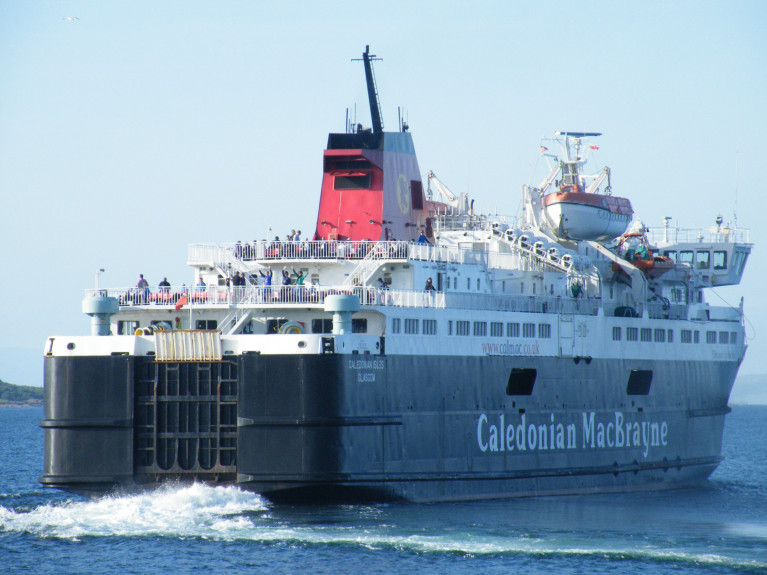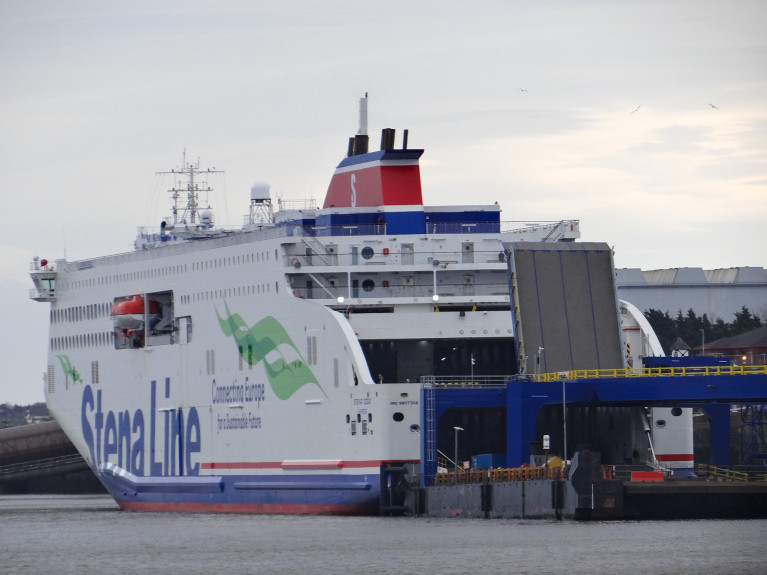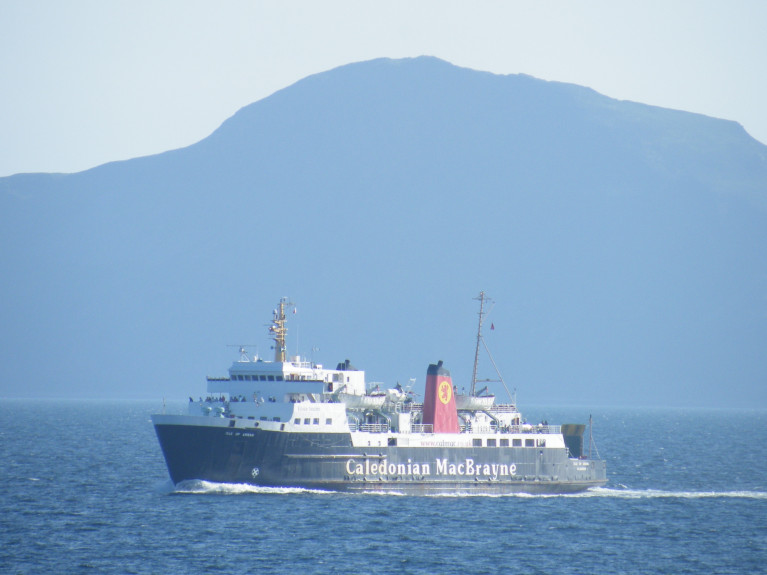Displaying items by tag: Stranded Passengers
Scottish police were called to deal with ferry passengers who refused to leave the Brodick terminal after they were left stranded on the Isle of Arran when the last sailing back to the mainland was cancelled (on Friday).
This came after the Arran ferry, MV Caledonian Isles, due to sail at 16.40 was diverted to assist a mayday distress call from a yacht that had lost its power around 4 pm.
Although the Caledonian Isles was stood down and returned to service, the 19.00 sailing was cancelled due to bad weather.
It was suspected that 40 passengers were left without accommodation, with some being forced to sleep in their vehicles during the bad weather.
For those on foot, they were told to seek alternative accommodation, even though the buses that could take them further out into the island had finished.
The island is currently at summer peak season and most accommodation was fully booked.
HeraldScotland.com has more.
Ferry Covid Outbreak As 320 Stranded Passengers Bound for Ireland Overnight On Board
Passengers were stranded overnight on a ferry bound for Belfast from Liverpool due to some crew members coming down with Covid-19.
The port health authorities at Liverpool instructed that the Stena Edda (introduced earlier this year) must be held at Birkenhead, across the River Mersey from Liverpool, as a precaution.
There were 322 passengers and 53 crew on board.
Stena said that the six crew members who tested positive for coronavirus were “being cared for and are doing well, with only mild symptoms”.
Fifteen close contacts also were identified and were self-isolating.
“Stena Line is liaising closely with public health authorities on this matter who have advised us that we should disembark the vessel in Birkenhead,” Stena said in a statement.
“The welfare of our passengers and crew is paramount at this time. The passengers are being catered for and we will assist them with alternative travel arrangements,” the company added.
The Irish Times has more here.
Stranded Ferry Passengers Left on Scottish Isle After Cancellations
Passengers taking a ferry have been stranded on the Isle of Arran, Scotland, after bad weather caused service disruption and cancellations.
Gusts of up to 60mph, reported STV News, have affected the safe delivery of CalMac sevices from Brodick to Ardrossan over the weekend.
The operator managed to clear “around half” of cars booked to leave Arran by using a service from Lochranza to Tarbert on Sunday.
However, disruption has continued and more cancellations have taken place on Monday.
Robert Morrison, director of operations at CalMac, said: “There has been severe weather related disruption since the New Year with gusts of up to 60mph impacting on our ability to deliver services to Arran and elsewhere.
More on the story here.































































